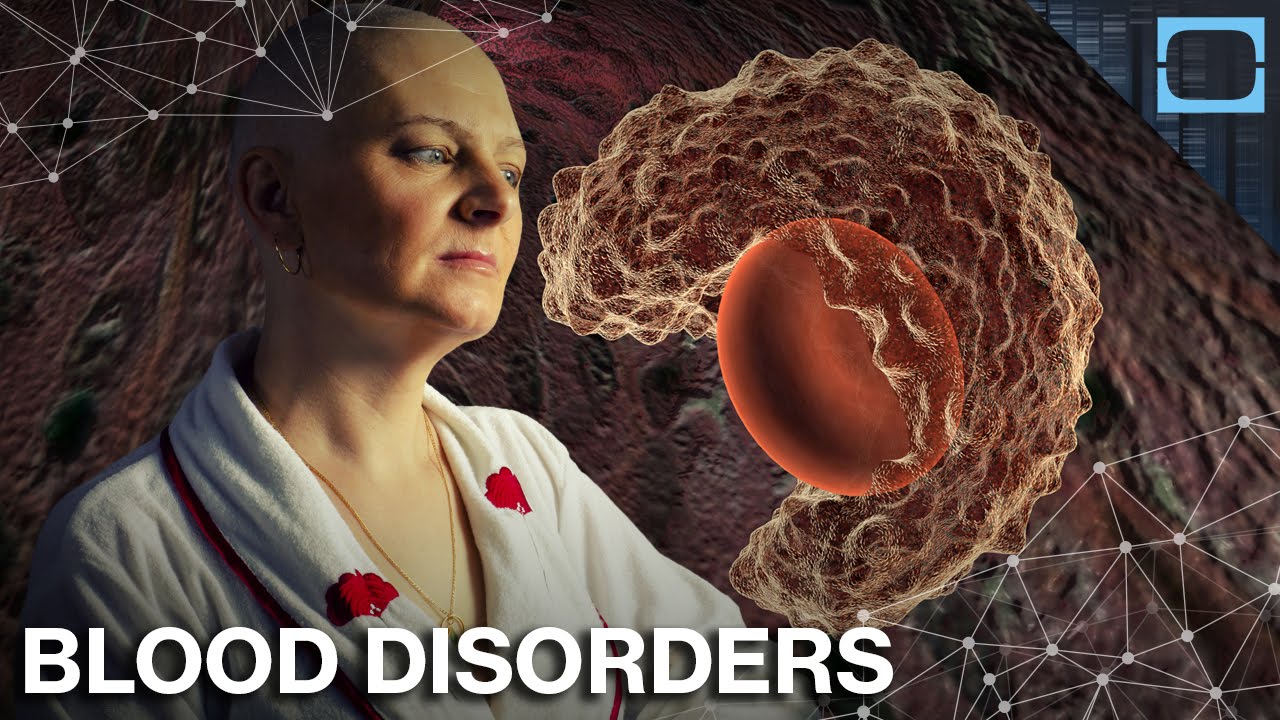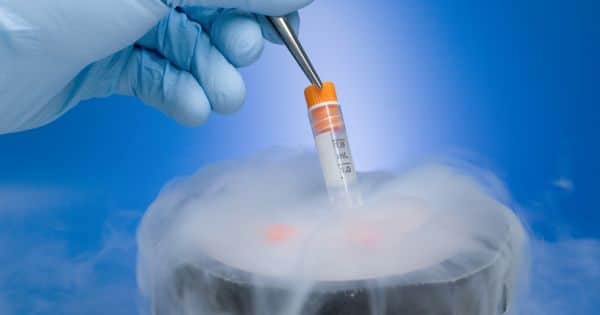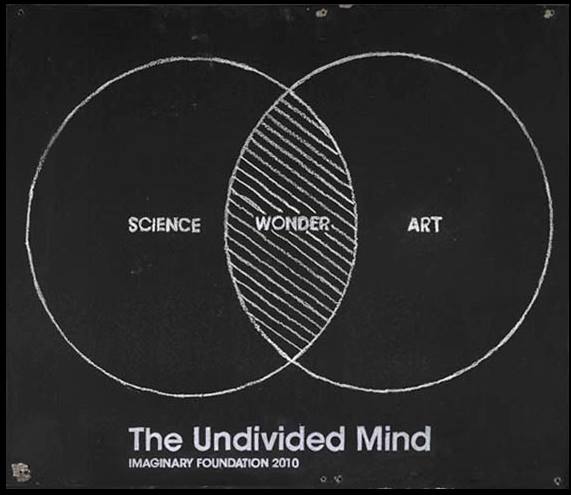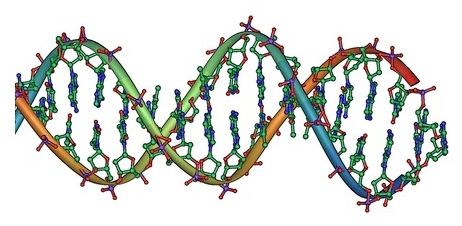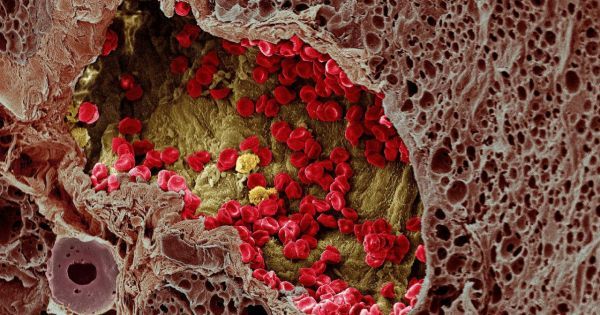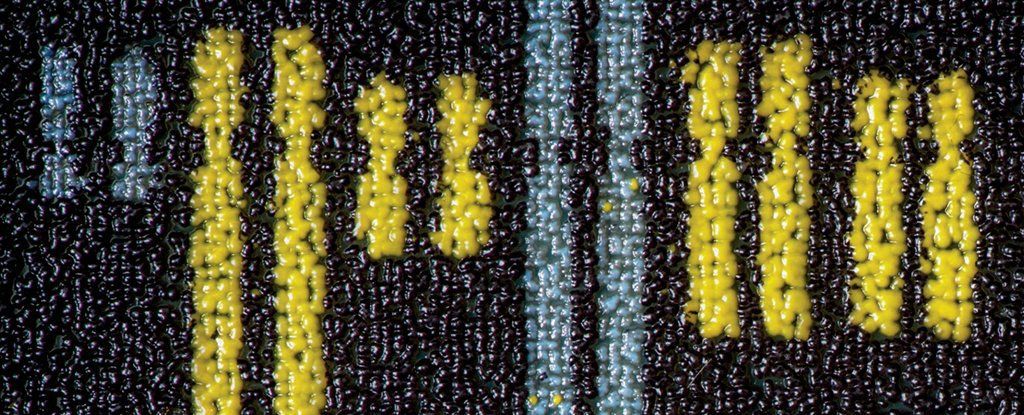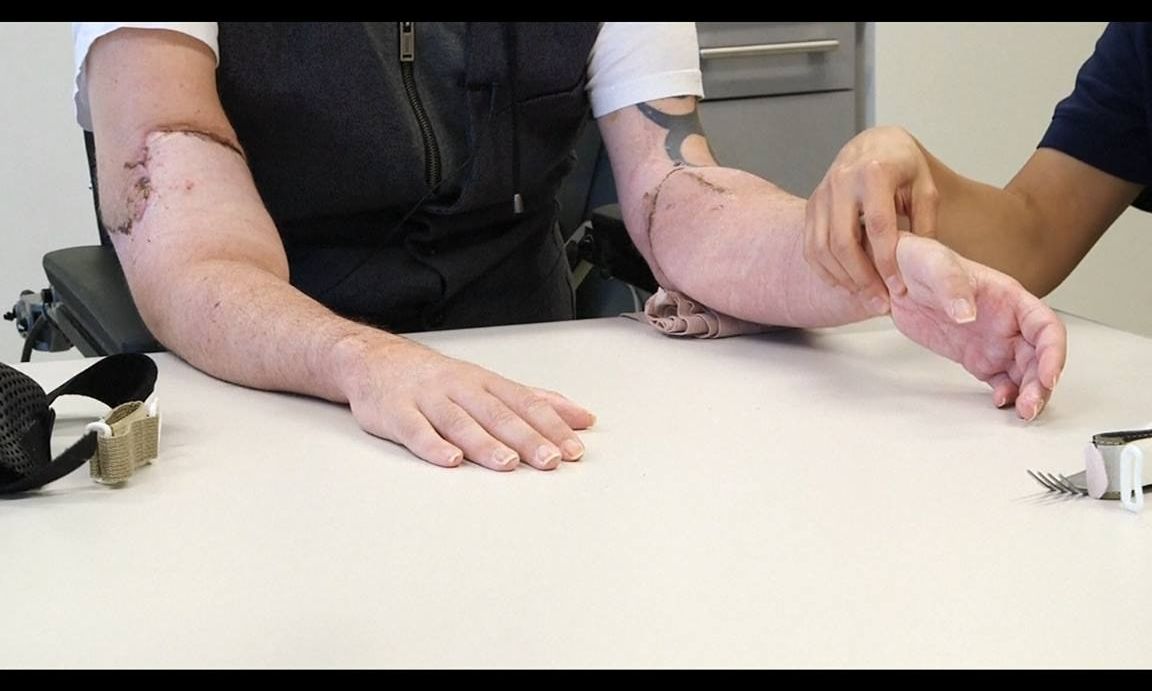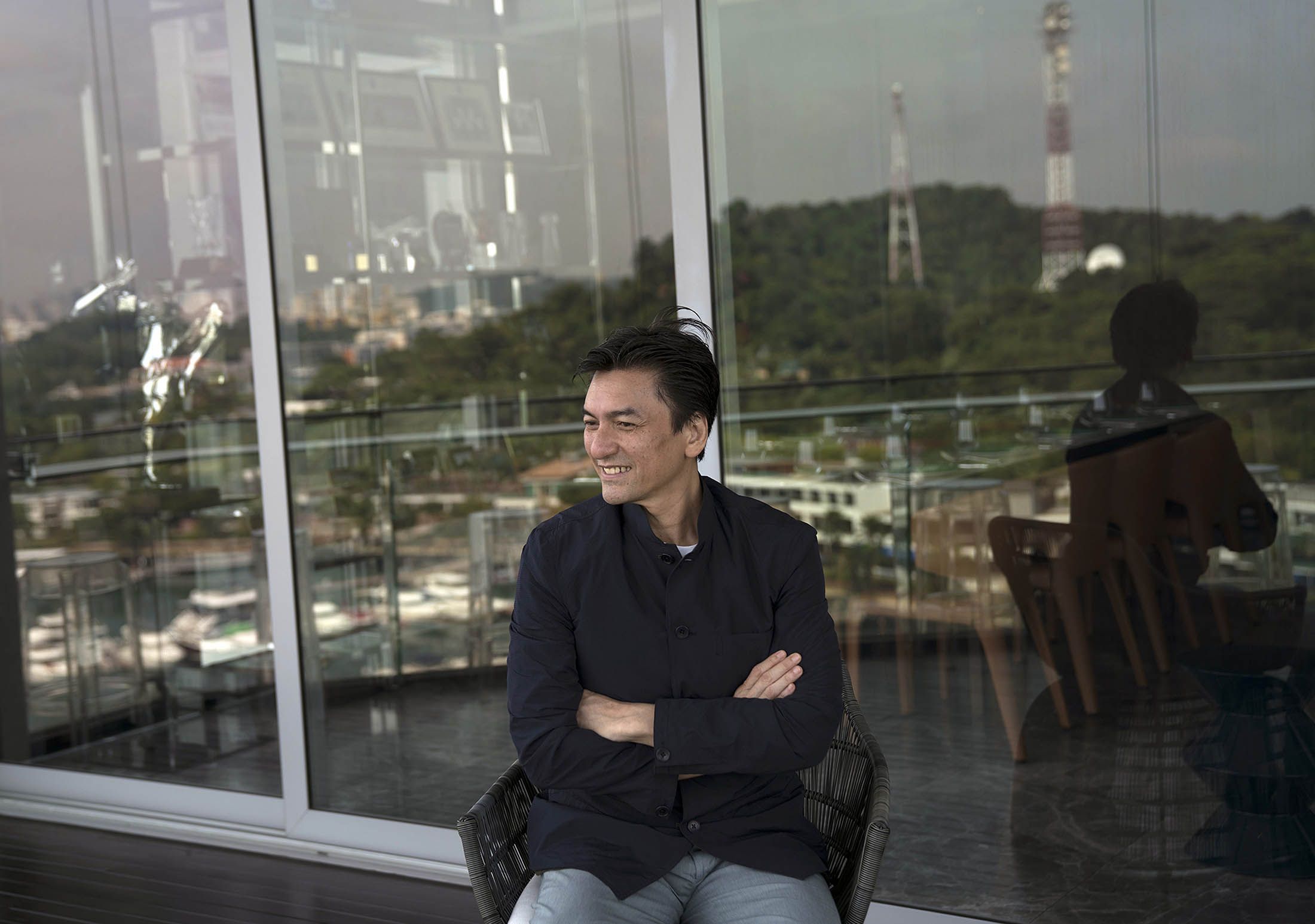Archive for the ‘biotech/medical’ category: Page 2500
Mar 13, 2017
Scientists Have Made a Huge Breakthrough In Cryogenics
Posted by Shailesh Prasad in categories: biotech/medical, cryonics, life extension
Cryopreservation is the process of freezing organs and tissues at very low temperatures in order to preserve them. While it sounds simple in theory, only a handful of cells and tissues have survived this method. This is because while science has successfully developed ways to cool organs to the very low temperatures required for preservation, thawing them out has proven far more difficult. As the specimen thaws, it forms ice crystals, which can damage the tissue and render organs unusable.
Right now, the process is only a viable option for small samples, such as sperm or embryos. Previous efforts using slow warming techniques have proven to be effective on samples of that size, but haven’t worked for larger tissue samples, like whole human organs. The inability to safely thaw the tissue has also precluded the theoretical concept of cryogenically preserving entire human bodies, with the intention of reanimating them later. The concept has roots in cryogenic technology, but is actually referred to as “cryonics”, and the scientific community generally considers it to be more science fiction than science fact — at least for the time being.
A recent study has made a significant breakthrough which may well begin closing that gap even more. Using a new technique, scientists were able to cryopreserve human and pig samples, then successfully rewarm it without causing any damage to the tissue.
Continue reading “Scientists Have Made a Huge Breakthrough In Cryogenics” »
Mar 13, 2017
Scientists get the green light to resurrect the dead with stem cells
Posted by Shailesh Prasad in categories: biotech/medical, neuroscience
Bioquark, a biotech company based in the United States, has been given the go-ahead to begin research on 20 brain-dead patients, in an attempt to stimulate and regrow neurons and, literally, bring the patients back from the dead.
The technique is new and untested so the study will likely be controversial. By implanting stem cells in the patient’s brain, in addition to treating the spinal cord with infusions of chemicals and nerve stimulation techniques (both of which have been shown to bring people out of comas), they hope to reboot the brain and jump-start neural activity.
The result could be people coming back to life.
Mar 13, 2017
Biology is software that builds its own hardware
Posted by Shailesh Prasad in categories: biotech/medical, genetics
Mar 13, 2017
Scientists reveal new super-fast form of computer that ‘grows as it computes’
Posted by Shailesh Prasad in categories: biotech/medical, computing, engineering, quantum physics
Researchers from The University of Manchester have shown it is possible to build a new super-fast form of computer that “grows as it computes”.
Professor Ross D King and his team have demonstrated for the first time the feasibility of engineering a nondeterministic universal Turing machine (NUTM), and their research is to be published in the prestigious Journal of the Royal Society Interface.
The theoretical properties of such a computing machine, including its exponential boost in speed over electronic and quantum computers, have been well understood for many years – but the Manchester breakthrough demonstrates that it is actually possible to physically create a NUTM using DNA molecules.
Mar 13, 2017
Scientists Have Finally Figured out How Cancer Spreads Through the Bloodstream
Posted by Shane Hinshaw in category: biotech/medical
In Brief In a new report, scientists detail that have have observed how cancer cells spread from the initial tumor to the bloodstream. This development could allow us to better understand cancer and, thus, how to fight it.
In what could be a major step forward in our understanding of how cancer moves around the body, researchers have observed the spread of cancer cells from the initial tumour to the bloodstream.
The findings suggest that secondary growths called metastases ‘punch’ their way through the walls of small blood vessels by targeting a molecule known as Death Receptor 6 (no, really, that’s what it’s called). This then sets off a self-destruct process in the blood vessels, allowing the cancer to spread.
Continue reading “Scientists Have Finally Figured out How Cancer Spreads Through the Bloodstream” »
Mar 13, 2017
Scientists Just Took a Big Step Towards Creating Artificial Life
Posted by Shane Hinshaw in category: biotech/medical
Scientists have taken a major step forward in developing complex artificial life, by successfully synthesising six out of 16 yeast chromosomes – the molecular structures that carry genes.
This means they’re more than one-third of the way to being able to build their own custom-made yeast genomes from scratch, which would be a huge moment in the field of developing lab-made lifeforms.
The research is being carried out by the hundreds of scientists who make up the Synthetic Yeast Genome Project, and they estimate that the artificial yeast genome could be completed within the next year.
Continue reading “Scientists Just Took a Big Step Towards Creating Artificial Life” »
Mar 12, 2017
Three innovations that will eventually replace sex
Posted by Zoltan Istvan in categories: biotech/medical, sex

A few stories my futurist work is newly showing up in: http://all.true-news.info/three-innovations-that-will-eventually-replace-sex/ &
https://www.bioedge.org/bioethics/a-quick-look-at-immortality/12195 &
Continue reading “Three innovations that will eventually replace sex” »
